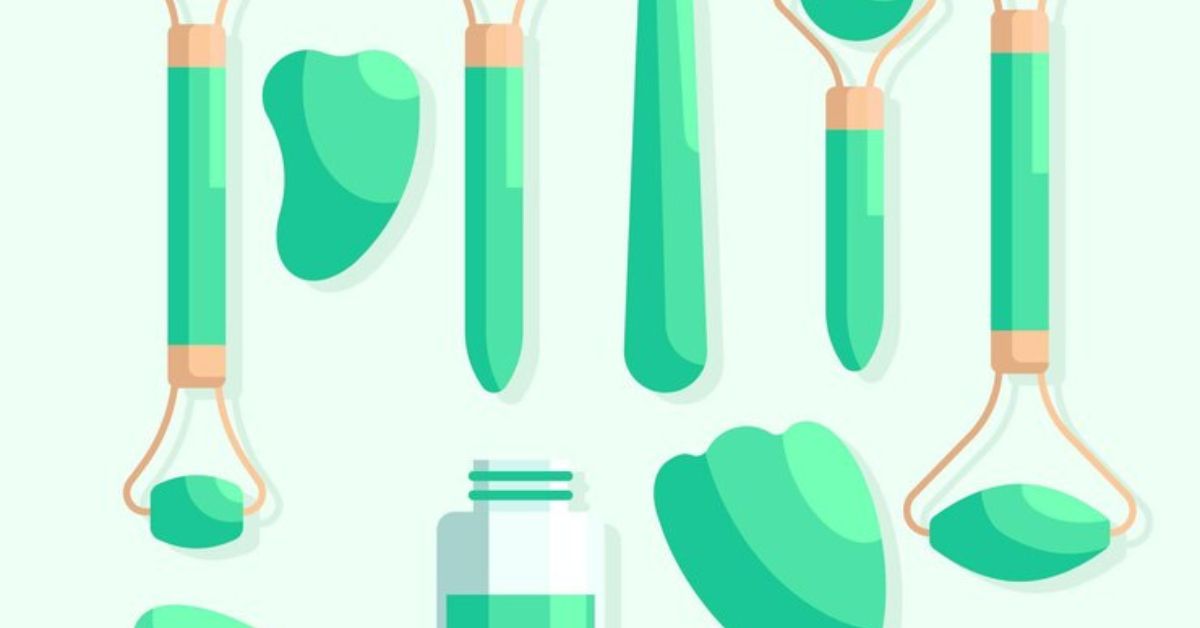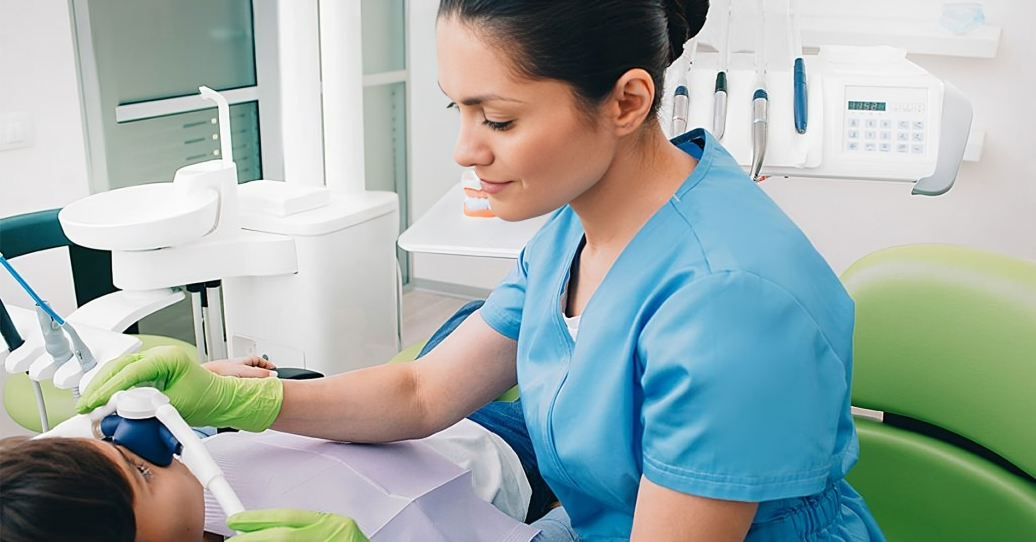One easy way to improve your dental hygiene routine is to use a tongue scraper, which scrapes the surface of your tongue clean of food particles, dirt, and germs. While many people skip scraping their tongues as part of their regular dental hygiene practice, doing so can greatly benefit their breath and teeth.
Why Use a Tongue Scraper?
Using a tongue scraper is crucial for several reasons. It helps eliminate bacteria that reside on the tongue’s surface, which are often responsible for bad breath. These bacteria can accumulate throughout the day, especially during meals and snacks, leading to the formation of a whitish coating on the tongue known as “tongue plaque.” Regular scraping helps in maintaining a cleaner tongue and fresher breath.
Types of Tongue Scrapers
There are primarily two types of tongue scrapers available: metal and plastic.
Metal Tongue Scrapers
Metal tongue scrapers are usually made from stainless steel and are known for their durability and effectiveness. They are easy to clean and typically last longer than plastic scrapers. Metal scrapers can be slightly more effective in removing stubborn debris due to their sturdiness.
Plastic Tongue Scrapers
Plastic tongue scrapers are often made from medical-grade plastic and are gentler on the tongue surface. They come in various designs, including ones with soft edges to prevent any discomfort during use. Plastic scrapers are lightweight, portable, and easy to use, making them suitable for daily oral care routines.
How to Choose the Best Tongue Scraper
When selecting a tongue scraper, consider the following factors:
Material Considerations
Choose a scraper made from high-quality materials like stainless steel or medical-grade plastic.
Design Features
Opt for a scraper with a comfortable grip and a smooth surface to prevent any injury to the tongue.
Ergonomics and Grip
Ensure the scraper fits comfortably in your hand and allows for easy maneuverability during use.
Step-by-Step Guide to Using a Tongue Scraper
Using a tongue scraper is simple and can be incorporated into your daily oral care routine:
Prepare Your Tongue: Stick out your tongue and gently scrape from the back to the front.
Scraping Technique: Apply gentle pressure and rinse the scraper after each pass to remove debris.
Cleaning and Maintenance: Rinse the scraper thoroughly after use and store it in a clean, dry place.
Frequency of Use
It is recommended to scrape your tongue once a day, preferably in the morning after brushing your teeth.
Hygiene Practices
Always clean your tongue scraper after each use to prevent the buildup of bacteria.
Complementary Oral Care Products
Combine tongue scraping with regular brushing and flossing for comprehensive oral hygiene.
Benefits of Regular Tongue Scraping
Regular tongue scraping offers several benefits:
Oral Health Benefits
It reduces bad breath by removing odor-causing bacteria and prevents the buildup of plaque on the tongue.
Impact on Overall Health
Maintaining a clean tongue can contribute to better overall health by reducing the risk of oral infections and promoting better digestion.
Common Myths About Tongue Scrapers
There are several misconceptions about tongue scrapers:
Myth: Tongue Scraping Causes Gagging
Fact: When done correctly, tongue scraping is a gentle process that rarely causes gagging.
Myth: It’s Unnecessary if You Brush Your Tongue
Fact: Brushing alone may not effectively remove all debris from the tongue’s surface, making tongue scraping an important additional step in oral care.
Research and Studies on Tongue Scraping
Scientific research supports the effectiveness of tongue scraping in improving oral hygiene:
Scientific Evidence
Studies have shown that regular tongue scraping reduces the presence of bacteria responsible for oral diseases.
Studies on Effectiveness
Research indicates that tongue scraping can significantly decrease the incidence of bad breath and improve the cleanliness of the tongue.
Choosing Between Tongue Scrapers and Tongue Brushes
While both tools serve the same purpose, there are differences to consider:
Comparison
Tongue scrapers are typically simpler in design and easier to use, while tongue brushes may offer additional features like bristles for deeper cleaning.
Which One Is Better?
The choice between a scraper and a brush depends on personal preference and comfort during use.
Are Tongue Scrapers Suitable for Everyone?
Tongue scrapers are generally safe for use by adults and children alike:
Age Considerations
Children can use tongue scrapers under adult supervision to promote good oral hygiene habits from a young age.
Medical Conditions
Consult with a dentist before using a tongue scraper if you have oral conditions like thrush or lesions on your tongue.
Conclusion
Tongue scraping is an easy way to improve dental hygiene, kill bacteria, and keep your breath fresh. Try it as part of your regular oral care regimen. Pick a high-quality scraper that fits your needs and use it frequently for best results.
FAQs
What is the best time to use a tongue scraper?
Using a tongue scraper in the morning before brushing your teeth is ideal for removing overnight buildup.
How often should I replace my tongue scraper?
Replace your tongue scraper every 3 to 6 months or as recommended by the manufacturer to ensure effectiveness.
Can children use tongue scrapers?
Yes, children can use tongue scrapers with adult supervision to promote good oral hygiene habits from an early age.
Are there any side effects of using a tongue scraper?
When used correctly, tongue scrapers rarely have side effects. Avoid aggressive scraping to prevent tongue irritation.
Can tongue scraping improve my sense of taste?
Yes, by removing buildup on the tongue, tongue scraping can enhance your sense of taste and improve oral comfort.














